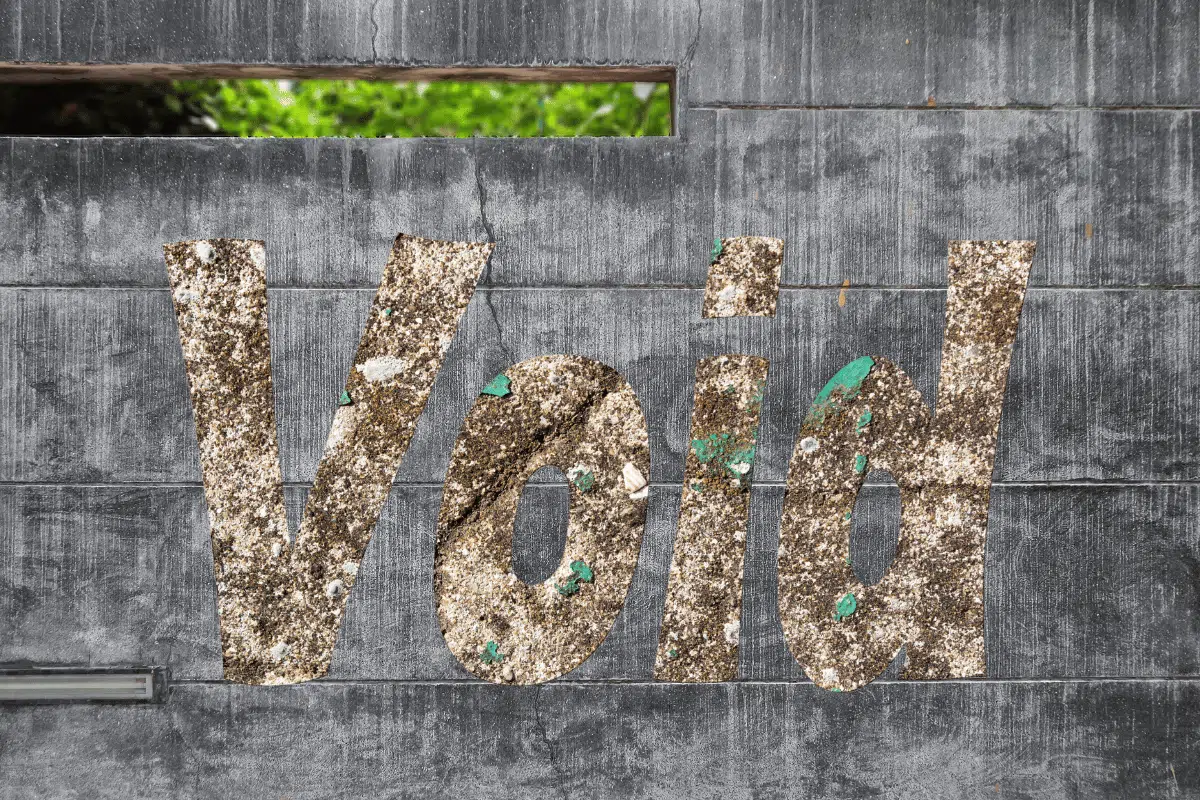Living on the waterfront in the DFW area offers many perks—beautiful views, peaceful surroundings, and a connection to nature. However, owning a home near the water also comes with unique challenges, especially when it comes to protecting your property from erosion and water damage. That’s where bulkhead repair comes in!
At FoamWorks, we specialize in providing bulkhead repair — DFW homeowners with long-lasting solutions to keep their waterfront properties safe. Whether your bulkhead is showing signs of wear or needs a complete overhaul, we’ve got you covered.
In this article, we’ll explore the best repair options to help you preserve your bulkhead and protect your investment for years to come.
Why Is Bulkhead Repair Important for DFW Homes?
Waterfront properties in the DFW area are exposed to constant water pressure, which can lead to erosion and damage over time. Bulkheads act as a protective barrier, preventing soil from being washed away and keeping your property intact. Without regular maintenance and repairs, bulkheads can weaken, putting your home at risk of flooding and structural damage.
That’s why bulkhead repair in the DFW area is essential. By addressing issues early, you can avoid costly repairs and ensure your bulkhead continues to protect your property.
Top Long-Lasting Bulkhead Repair Options
If your bulkhead is in need of repair, don’t worry—there are several effective, long-lasting options available. Here are some of the most reliable solutions for DFW bulkhead repair.
1. Polyurethane Foam Injection
Polyurethane foam injection is one of the most popular methods for bulkhead repair. This technique involves injecting high-density foam into cracks and voids in the bulkhead, creating a waterproof seal that stabilizes the structure.
Here’s why polyurethane foam injection is a great choice:
- Durability: The foam expands to fill gaps, reinforcing the bulkhead and providing a long-lasting solution.
- Affordability: It’s a cost-effective option compared to full replacement, making it ideal for homeowners looking to extend the life of their bulkhead without breaking the bank.
- Quick and Clean: Foam injection is a fast process that causes minimal disruption to your property.
2. Concrete Resurfacing
If your bulkhead is still structurally sound but showing signs of surface wear, concrete resurfacing may be the best option. This method involves applying a new layer of concrete to reinforce the existing bulkhead, protecting it from further damage.
Concrete resurfacing offers:
- Added Strength: A fresh layer of concrete provides extra durability, ensuring your bulkhead can withstand constant exposure to water and weather.
- Extended Lifespan: Resurfacing can significantly extend the life of your bulkhead, delaying the need for more extensive repairs or replacements.
3. Vinyl Bulkhead Replacement
In cases where the bulkhead is beyond repair, a full replacement might be necessary. Vinyl bulkheads are a popular choice for DFW homeowners because of their durability and resistance to environmental factors.
Benefits of vinyl bulkheads include:
- Low Maintenance: Vinyl doesn’t rot, corrode, or require regular treatments, making it a hassle-free solution.
- Longevity: Vinyl bulkheads are built to last, offering decades of protection with minimal upkeep.
- Environmental Resistance: Vinyl bulkheads are resistant to UV rays, water, and marine organisms, making them ideal for waterfront homes.
While a vinyl bulkhead replacement may have a higher upfront cost, it’s a long-term investment that will save you money in the future by reducing the need for frequent repairs.
Why Choose FoamWorks for Bulkhead Repair in DFW?
At FoamWorks, we understand the unique challenges that come with maintaining a waterfront property in DFW. Our team specializes in bulkhead repair in DFW, using state-of-the-art techniques like polyurethane foam injection to provide long-lasting results.
When you choose FoamWorks, you can expect:
- Expertise: Our skilled technicians have years of experience working on bulkheads, ensuring you get the best repair options for your property.
- Quality Materials: We only use high-quality materials, so you can trust that your bulkhead will stand the test of time.
- Customer-Focused Service: We pride ourselves on providing friendly, professional service. From your first consultation to the final repair, we’re here to help every step of the way.
Conclusion: Secure Your Waterfront Property with Bulkhead Repair in DFW
If you own a waterfront home in DFW, keeping your bulkhead in top shape is crucial for protecting your property. From polyurethane foam injection to concrete resurfacing and vinyl bulkhead replacement, there are plenty of long-lasting repair options available to meet your needs.
At FoamWorks, we’re dedicated to providing top-notch bulkhead repair that will keep your home safe for years to come. Don’t wait for problems to escalate—reach out to our team today to schedule an inspection and learn more about how we can help.
FAQs
1. How long do bulkhead repairs typically last?
With proper care and maintenance, bulkhead repairs, especially using polyurethane foam injection, can last for many years. Regular inspections can further extend their lifespan.
2. How much does bulkhead repair in DFW cost?
The cost of bulkhead repair varies depending on the extent of the damage and the method used. Foam injection tends to be a more affordable option, while full replacements like vinyl bulkheads are more expensive upfront but last longer.
3. How often should bulkheads be inspected?
It’s a good idea to inspect your bulkhead at least once a year or after severe weather events to catch any early signs of damage.
4. Is foam injection environmentally friendly?
Yes! Polyurethane foam is a safe and environmentally friendly option for bulkhead repair, as it helps prevent further erosion and protects the surrounding ecosystem.
5. Can I DIY my bulkhead repair?
While small repairs might seem doable, bulkhead repair is best left to professionals. DIY repairs can often lead to more extensive damage if not done correctly.






Recent Comments